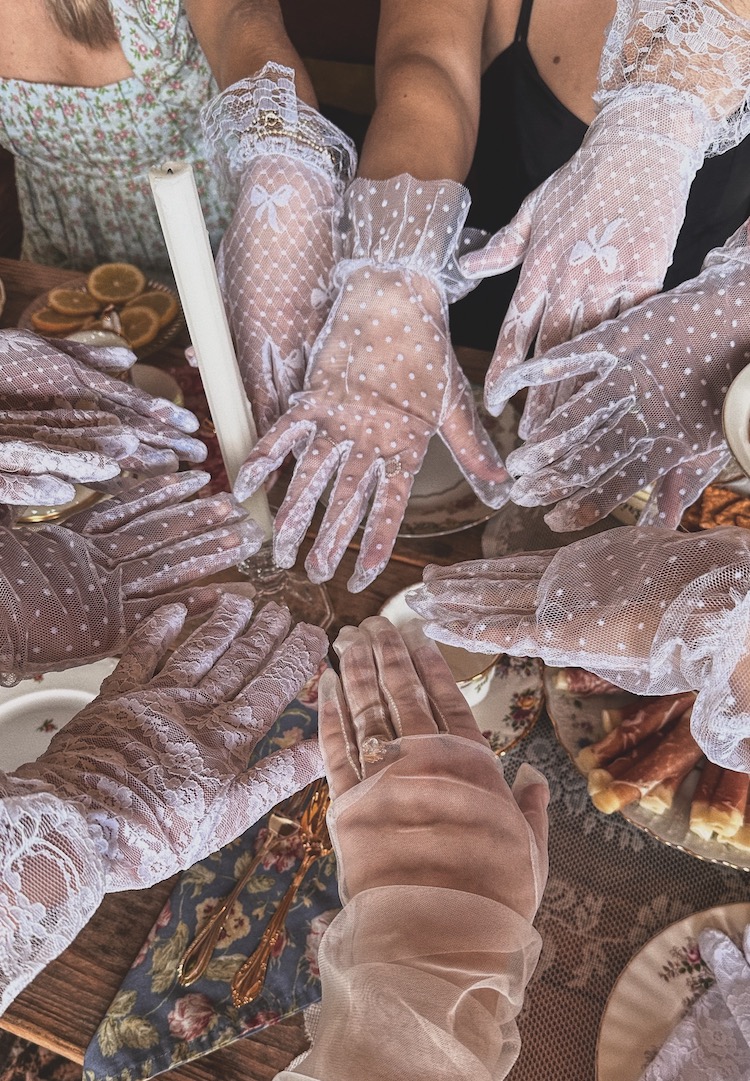Why I won’t ever get over my sister’s death
IMAGE VIA @pansyco/instagram
WORDS BY EVANGELINE POLYMENEAS
Even after 18 years.
It was the 12th of September 2003. I was putting on my school uniform, ready for an excursion to the cinema. All the younger year groups were going to see Finding Nemo that day. In the room next to me my sister, who was in the year above me, was also getting ready.
We had been so excited to see Finding Nemo together – it had been the talk of the week. But when she started to feel dizzy it wasn’t the school bus that picked her up, it was an ambulance.
For more content like this, tap through to our Life section.
Despite the doctors and nurses doing what they could, my older sister, Laura, died that day. She had been born with a heart defect that gave her some complications in life. You couldn’t tell me that though. I wasn’t old enough to understand the seriousness of her health complications. All I understood was that God wanted my sister in heaven and I would never see her again.
I’ve never been the same since. Not a day goes by that I don’t think about Laura. Not a day goes by that I don’t feel the excruciating pain I felt the day it finally set in that she was gone. It’s been 18 years since she died, but I can tell you exactly what it feels like to have a doctor tell you that your sister didn’t make it – as clearly as I could the day they uttered it the first time.
My ex-best friend told me that “everyone dies” so surely, I should be over it by now. Death is natural and it’s inescapable. Something so certain shouldn’t take anyone by surprise. I think that’s why death has been portrayed as something that you can ‘get over’ – that time heals all wounds. And although I try to be an optimistic person, I can’t tell you with all honesty that that’s true.
In the years since Laura’s death, many people have tried to tell me to get over it. And I know that those who don’t more likely than not think it, whether they admit it or not. Google tells me I should’ve been over it at least 14 years ago – that grieving takes anywhere between six months to four years.
Psychologists will hold up their five stages of grief sign and tell me to point at which one I’m feeling, expecting me to be at ‘acceptance’ but I’ve been stuck on ‘anger’ for 18 years now. Concerned friends and family tell me my hourglass timer is out and I need to start ‘acting like myself again’. They must feel uncomfortable with what this grief has done to me.
When I speak to my mum about this she tells me she has kept her grief close to her chest. She doesn’t tell people about what she is going through because they tend to minimise her pain. They try to tell her “it’s not so bad” or “everything will be alright”. Although they might be coming from a good place, it doesn’t help and oftentimes leaves her feeling worse.
Grief is a beast, as anyone who has lost someone close to them will tell you. It’s tiring to face and I don’t think time makes it any easier. Each accomplishment or milestone is bittersweet. Whenever I’m proud of myself or my family, that happiness is overtaken by guilt or sadness that Laura will never get to do this, or be a part of it.
What I can say is the pain of grief will always be with me. It has a way of becoming a part of every fibre of my being. It’s the silence before I speak and the stillness before each movement. Each breath I take is a reminder of my life and simultaneously a reminder of her death.
The amount of sadness and grief I feel is the same amount of sadness and grief I felt the day Laura died. But as time continues, the days between my bouts of sadness increase. The pain has stopped being debilitating and is now something I can carry. And although it’s a weight on my shoulders, this weight makes me stronger, more empathetic and reminds me of her.
But at any moment, I could be swept right back into the rip once again, whether it’s a particular song or a television show or maybe Pixar deciding to release Finding Dory that tips me over the edge. Despite all the sadness, I would never want to forget. That’s the funny thing about it all. You’d think that after 18 years of wishing for a wish that can never be granted, I’d start to think I should be over it by now. But she’s my sister.
Her death is a reminder to me every day to live for her. To take advantage of the life I’ve been given and to try my best to make her proud. The weight of grief on my shoulders is proof that I can get through anything and it pushes me to be the best person I can be.
Laura’s life is my inspiration to be strong and that isn’t something I want to get over. I will never forget her, I will never ‘get over’ her. I will continue to remember as clearly as the day it happened and I will go on living.
For advice on dealing with grief over the loss of a sibling, head here.













